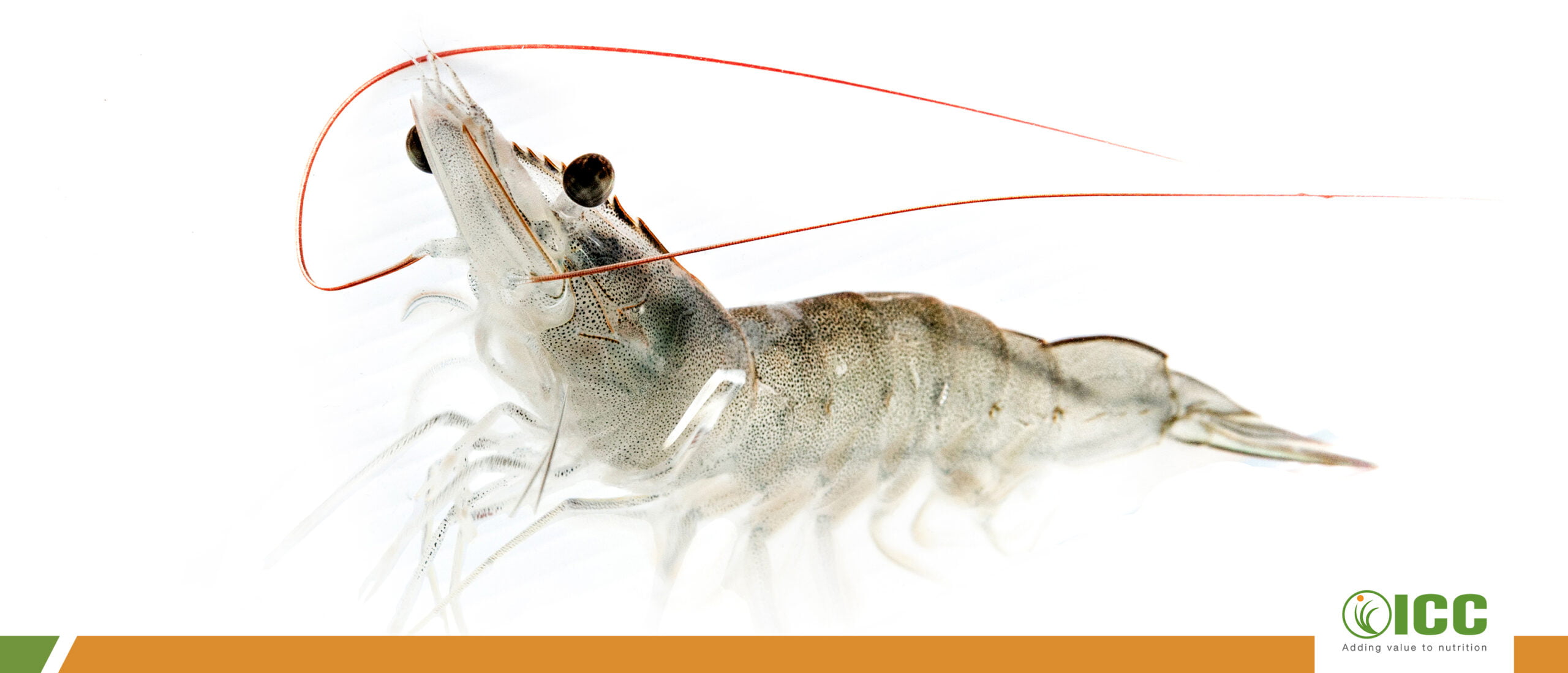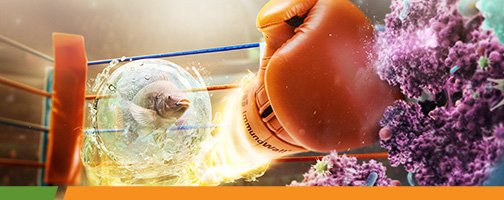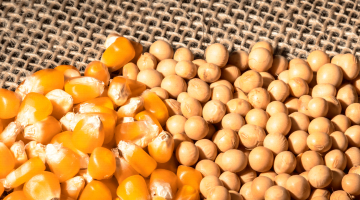How to keep EHP away from shrimp and businesses closer to exports?
ICC Brazil has EHP-free animal nutrition solutions, such as ImmunoWall® and StarYeast®, aligned to the needs of farmers who want to make the best out of market opportunities.
Asia is the cradle of aquaculture: it is estimated that the first fish and seafood productions date back 4 thousand years and were developed by the Chinese and Egyptian people. Still to this day, the continent is a global benchmark in the production of fish and seafood, with China leading aquaculture rankings. However, the Chinese market is increasingly open to receiving fish from abroad, as its consumption has been growing in the country in recent years. According to “Seafood Brasil” magazine, imports grew 44% in 2018, and in the face of the African Swine Fever, the domestic demand has expanded even more, which is a great opportunity for Brazilian farmers who wish to boost their possibilities.
How are you, a shrimp farmer, preparing for this new challenge?
Currently, 174 Chinese companies export fish to Brazil, but only 97 Brazilian companies are licensed to sell to the Asian country. This is because several requirements need to be met for companies to obtain export licenses — one of them being related to sanitary issues.
Some precautions are critical for meeting the requirements of the international market. In addition to water care, which involves the collection, treatment and reuse, and infrastructure, farmers need to invest more and more in technologies that guarantee biosafety and keep species free from diseases.
Keep your production EHP-free
The microsporidian parasite EHP (Enterocytozoon hepatopenaei) affects the hepatopancreas of shrimp and, although the disease does not result in high mortality rates, it has a great impact on the growth and performance of animal production. EHP has a history of occurrences, mainly in Southeast Asia.
One form of contamination in shrimp with EHP occurs through food. And due to the fragile immune system of the animals, there are no vaccines that prevent the attack of this parasite. For this reason, farmers must adopt preventive care to fight the disease and pay extra attention to the quality of shrimp diets.
Recent studies showed that more than half of the raw materials of sea origin used in shrimp feeding had been tested with EHP-positive results in many countries. Farmers keep searching for safe alternatives for nutrition to avoid damage to the health of the animals, to the producer or the final consumer.
Study proves that ICC Brazil products are EHP-free
Testing based on international assessment standards proved that ICC Brazil’s ImmunoWall® and StarYeast® are EHP-free. The tests were carried out in a renowned laboratory in Thailand, and the results met the concerns of shrimp farmers.
According to research, the incidence of EPH in ImmunoWall® and StarYeast® products by nested-PCR was not detected. This means that they are safe alternatives from a sanitary point of view.
Learn more about ImmunoWall® and StarYeast®
ImmunoWall® is a natural source of MOS and β-glucans, derived from the purified yeast cell wall. It improves intestinal integrity and promotes microbiota balance due to its efficiency in agglutinating pathogenic bacteria. Its components enhance the immune system.
StarYeast® is an inactive dried yeast derived from the fermentation of sugar cane molasses. In addition to its high palatability, it shows an excellent nutritional profile, with a high concentration of B-complex vitamins.
In addition to ImmunoWall® and StarYeast®, ICC Brazil’s portfolio has numerous innovative solutions for animal nutrition based on yeast additives, a product in which the company is a pioneer in the market. Want to learn more? Visit our website! iccbrazil.com.br.
SOURCES:
http://seafoodbrasil.com.br/chineses-dobram-compras-de-pescado-em-2-anos-mapa-discute-insercao
Posted in 31 January of 2020


